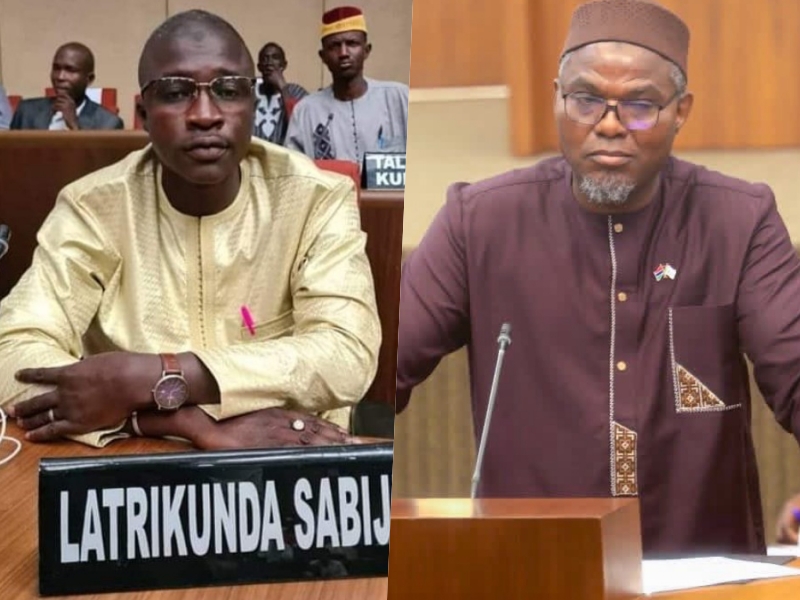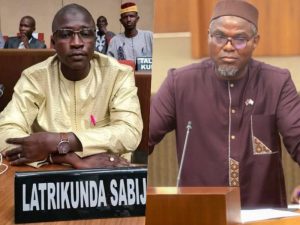Gambiaj.com – (DAKAR, Senegal) – In a decision that has quelled regional speculation, Senegalese President Bassirou Diomaye Faye has declined proposals from several West African capitals to run for the presidency of the Economic Community of West African States (ECOWAS).
According to Africa Intelligence magazine, Faye’s name was strongly endorsed by multiple countries in the region, largely due to his young and dynamic profile, which was seen as advantageous for potentially reintegrating suspended states like Mali and Burkina Faso.
Despite this backing and the theoretical alignment with the ECOWAS tradition of alternating leadership between French-speaking and English-speaking countries, Faye ultimately decided against pursuing the position. The Senegalese head of state, influenced by his close advisors, opted to focus on the complex political situation within Senegal instead.
This decision opens the door for the reappointment of Bola Ahmed Tinubu, the current Nigerian president of ECOWAS. Tinubu’s current term is set to expire in July, and despite criticisms of his tenure’s mixed results, he now appears to be the frontrunner due to the lack of other credible candidates.
Africa Intelligence reports that other eligible leaders, such as Patrice Talon, Alassane Ouattara, and Faure Gnassingbé, have shown limited interest in the position.
With Faye’s withdrawal and no other strong contenders, a new mandate for Tinubu seems increasingly likely. However, this prospect has not been met with great enthusiasm by the members of the regional organization, reflecting the ongoing challenges ECOWAS faces in finding a leader who can effectively navigate the complex political landscape of West Africa.
This exclusive insight from Africa Intelligence underscores the intricate dynamics and political maneuvering involved in the selection of the next ECOWAS leader, highlighting the broader implications for stability and integration within the region.










